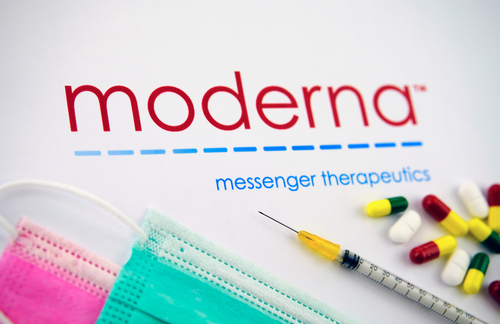
A phase one trial of a COVID-19 vaccine jointly developed by the National Institute of Allergy and Infectious Diseases (NIAID) and Moderna, Inc. brought positive results, triggering strong immune responses among older volunteers while proving well-tolerated.
According to a report published this week in the New England Journal of Medicine, mRNA-1273 was distributed to 40 healthy volunteers: 20 between 56 and 70 years old, and 20 ages 71 years and older. From each group, 10 volunteers were given lower doses and 10 higher doses, with a second dose at that level issued a month later. Volunteers were regularly reassessed, and in the end, researchers determined the vaccine was well-tolerated among the older age group.
Fever and fatigue affected some after vaccination, but a solid immune response also followed. In fact, the immune response produced among older volunteers was comparable to those produced in younger age groups.
The trial began in March to chart the vaccine’s efficacy on one of the groups proven most consistently vulnerable to COVID-19. Going forward, the study will continue to follow older volunteers for up to a year after their second vaccination. Researchers note the results support further testing of the vaccine on older adults in an ongoing phase three trial expected to enroll approximately 30,000 people 18 years or older who do not have COVID-19.

